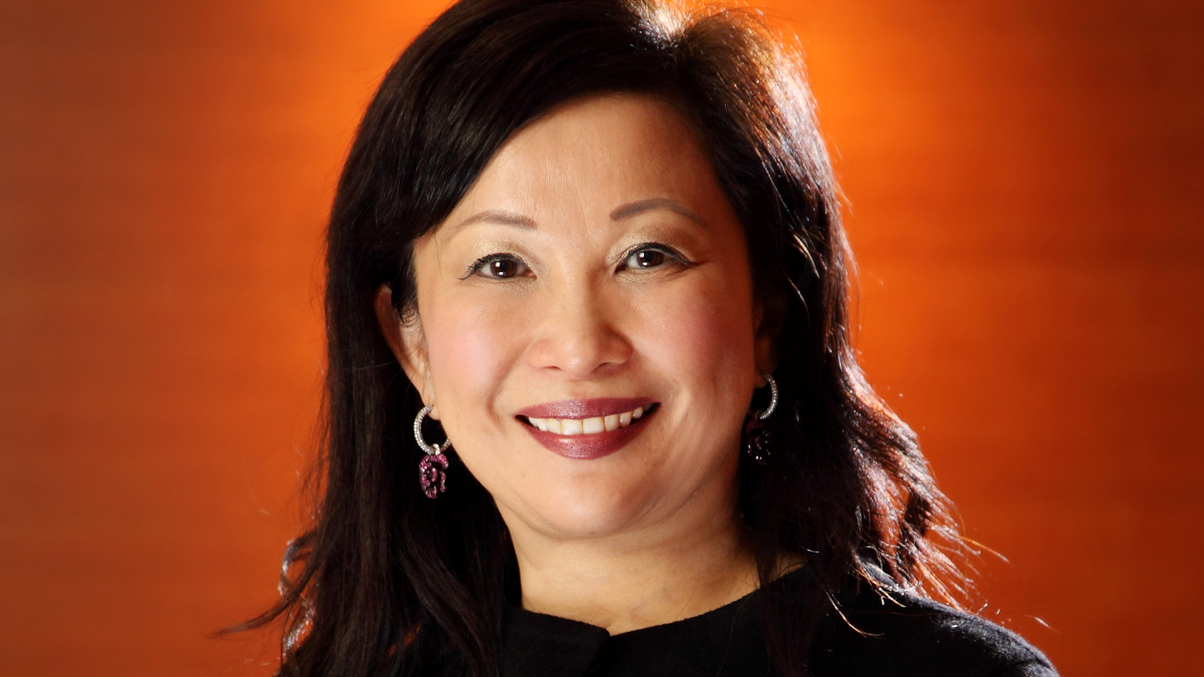Sarasin promotes internally amid China, Southeast Asia push
The Swiss firm bumps up three strong performers in-house, announcing its first head of China. Its regional chief talks about her priorities and relief over the acquisition by Safra.

Swiss private bank Sarasin has announced three internal promotions to senior positions at the start of this year as it seeks to strengthen its market focus on China and Southeast Asia.
Sign in to read on!
Registered users get 2 free articles in 30 days.
Subscribers have full unlimited access to AsianInvestor
Not signed up? New users get 2 free articles per month, plus a 7-day unlimited free trial.
¬ Haymarket Media Limited. All rights reserved.


